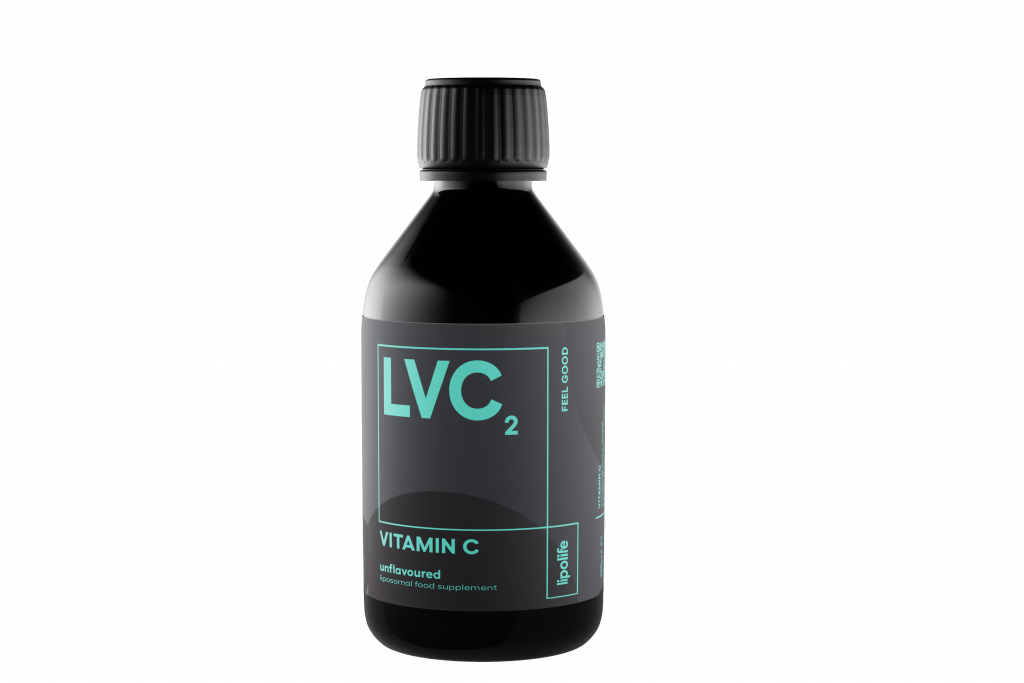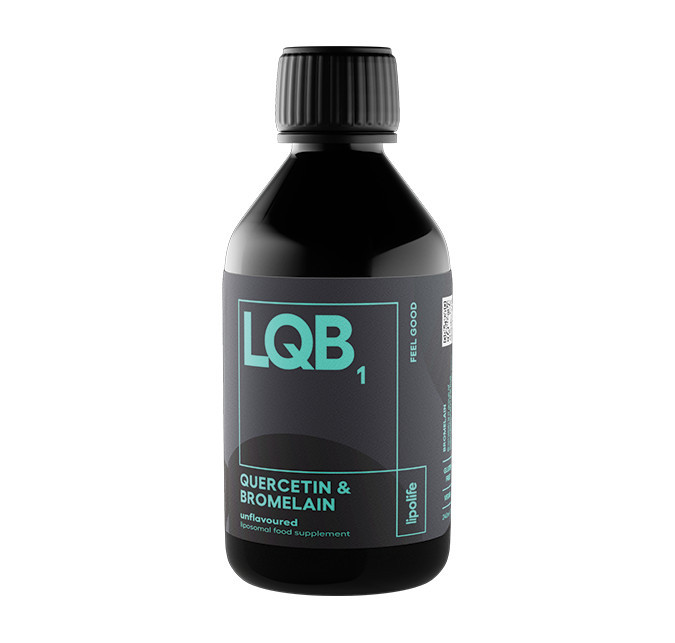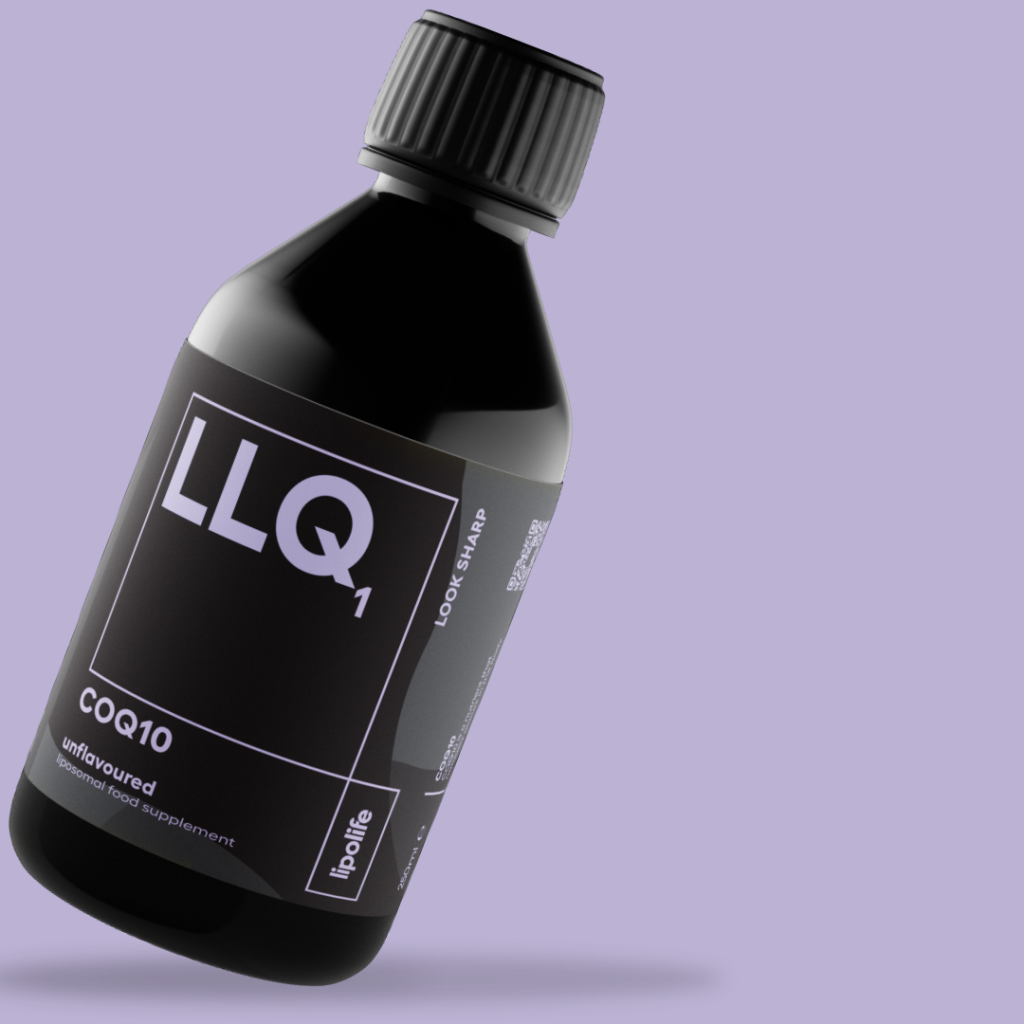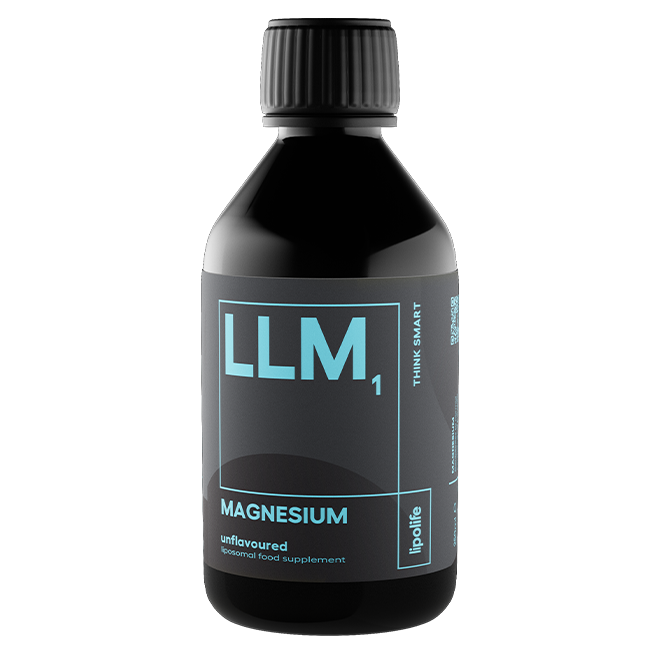Menopause – an impending doom of hot flashes and vaginal dryness or a natural phase of life we can optimise with tailored lifestyle interventions?
Fact:
As we age, our reproductive system changes. Notably, as we continue to live longer, women spend up to one-third of their lives post-menopause. With this, there has been a significant increase in the demand for menopausal knowledge and liberation, particularly in treatment options available for women pre, during and post-menopause.
Peri and post-menopausal symptoms can include a combination of physical and physiological symptoms from anxiety, fatigue, and mood swings to urinary incontinence, hot flashes, night sweats, reduced libido and increased urinary tract infections (UTIs).
Menopause can be defined as the end of reproductive life with the cessation of menses for 12 months due to a reduction in circulating oestrogen and the natural decline in ovarian reserve, and reduced sensitivity to follicular stimulating and luteinising hormones.
Hormonal imbalances are the main culprit of the dreaded menopausal symptoms, and hormone replacement therapy (HRT) can help combat unpleasant and unwanted symptoms like mood changes, vaginal dryness and hot flashes. With any medical intervention, additional lifestyle support may provide additional support to manage symptoms and reduce side effects.
A healthy balanced diet, and physical activity – particularly weight-bearing or resistance training, are known methods to help maintain a healthy weight and reduce some menopause side-effects. There is growing research on high-quality nutritional supplements and natural compounds that can help optimise the menopausal transition and life after by helping manage symptoms such as skin issues, fatigue and metabolic conditions.
Post-menopausal women can experience several urogenital changes known to cause discomfort during a time when women could feel much more sexually liberated. Oestrogen is not only essential for reproductive health; it also influences the structure of our skin. Reduced oestrogen can result in reduced collagen production. Vitamin C supplementation is not only useful for our immune function and cellular health, but it can also support our bone mineral density (BMD) and synthesis of collagen. Increased collagen levels can help improve skin elasticity, hydration, and dermal collagen density.
LVC2 – Liposomal Vitamin C (soy free) – 1 tsp (5ml) taken in the morning with breakfast.
When women experience a significant decline in oestrogen, this can result in an imbalance of free radicals due to a loss of antioxidant protection from oestrogen. Free radicals damage lipids, proteins, and DNA; oxidative stress will accelerate the body’s ageing process and increase the risk of degenerative diseases when pro-oxidants overwhelm the antioxidant defence mechanisms.
Quercetin, a well-researched bioflavonoid, is an immune boosting, anti-inflammatory and anti-histamine compound particularly useful for allergy symptoms, fighting viruses and inflammatory conditions. Quercetin is found in the skin of apples and onions but has a relatively low absorption rate; however, the absorption of quercetin can be enhanced in liposomal supplement form and with additional ingredients like vitamin C or Bromelain. This compound can scavenge free radicals to reduce oxidative stress and potentially preserve ovarian function in menopausal women.


LLQB1 – Liposomal Quercetin & Bromelain – 1 tsp (5ml) taken daily with food.
LLQB1 provides a powerful enzyme and flavonoid combination promoting an anti-inflammatory response and antioxidant properties.
Research from ZOE has indicated over 60% of post-menopausal women have experienced brain fog, anxiety and sleep disturbances. Along with reduced oestrogen, women also produce lower amounts of compounds such as Coenzyme Q10 (CoQ10). CoQ10 is a vital component of cellular energy and possesses antioxidant properties. Due to its role in energy metabolism CoQ10 can help reduce fatigue, and brain fog and improve total antioxidant capacity to reduce the incidence of metabolic diseases.
LLQ1 – Liposomal CoQ10, 240ml – Lipolife – 1 tsp (5ml) taken daily
LLQ1 provides a bioavailable form of CoQ10 to support cell regeneration and can also support bone health by promoting osteoblast proliferation. Menopause affects BMD and makes these individuals more prone to developing osteoporosis due to increased osteoclast activity due to hormonal changes. Increased bone tissue breakdown and decreasing bone formation levels can also lead to greater mineral requirements. Magnesium is well-known for its multitude of enzymatic processes as well as its’ importance in vitamin D and calcium utilisation; not to mention its role in cognition, mental well-being, sleep, muscle function, and balancing hormones.


LLM1 – Liposomal Magnesium, 240ml – Lipolife – take up to 10ml per day before bed
Supplementing with magnesium may help reduce symptoms of anxiety, irritability, sleeplessness and headaches. LLM1 contains magnesium bis-glycinate is one of the most common magnesium supplements used for achieving better sleep due to its combination with glycine, a sleep-inducing amino acid.
Growing research and promotion of menopause knowledge is bringing the topic of menopause into public display. As half the population will experience this life stage, it is not only useful to understand the potential benefits many natural compounds can possess to help ease and minimise side effects. Liposomal supplements provide a superior delivery method to ensure the body can absorb and utilise nutrients to offer additional support for a healthy life pre and post-menopause.

